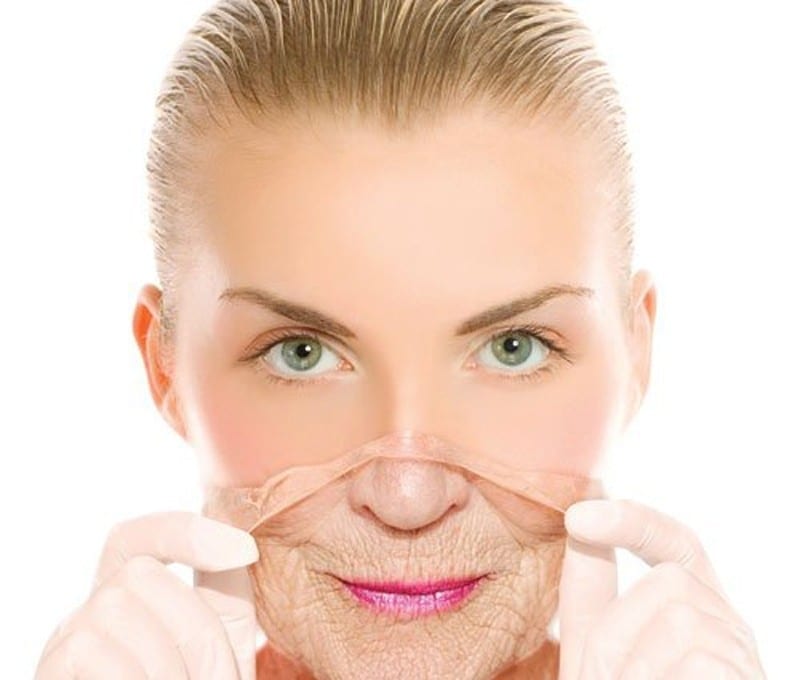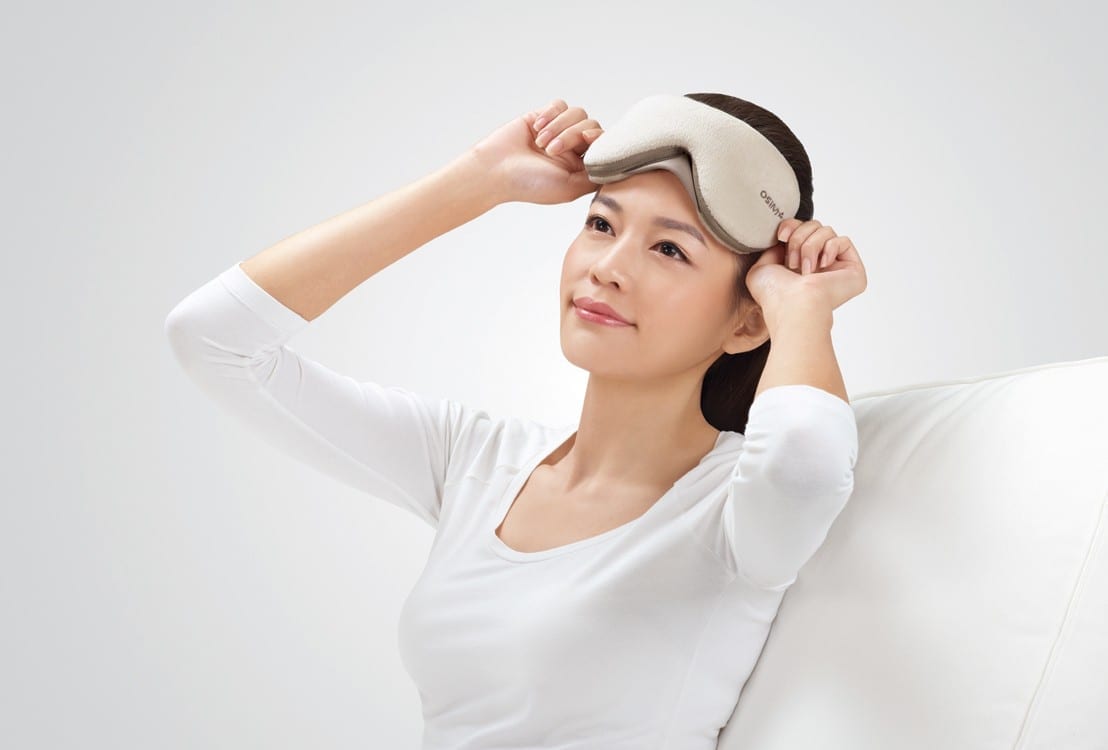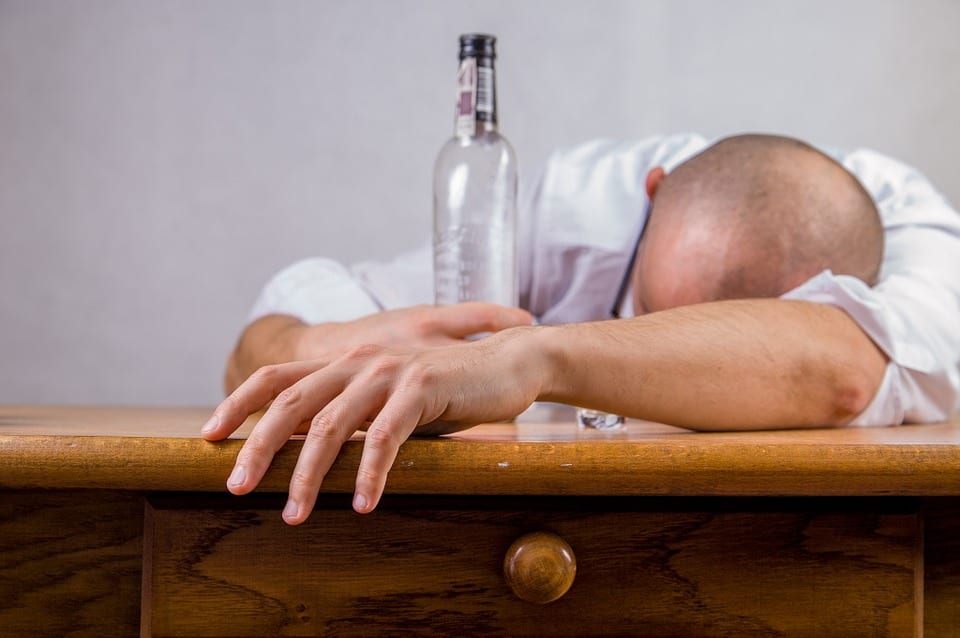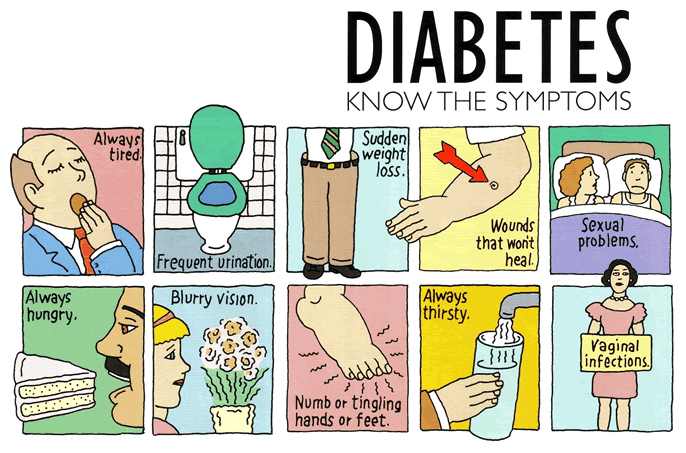A healthy diet and exercise are great but if you put your body in harms way or your attitude is continually negative you will effect how fast you age. It is no surprise that I am going to have a bit of a go about smoking at some stage and a word or two about excessive drinking but there are a number of everyday actions that you can make that can effect not only how long you live but how well you live. Nobody wants to end his or her life crippled with arthritis and suffering from dementia and this anti-ageing strategy will help prevent that.
Drinking Water.
What Is Hydration?
We are as humans, made mainly of protein with a few other bits and pieces thrown in. Protein has an extremely high water content and if we were wrung out to dry we would lose approximately 75% of our body weight.
We need oxygen, fluid and food in that order and we can live for about 6 minutes without air, 6 days without water (in a cool and wet environment) and 6 weeks without food.
There are a number of people who will tell you that drinking water is not necessary as we can absorb enough fluid from the food that we eat (also water containing) and from drinking tea, coffee, alcohol and soft drinks. This is absolutely not true and while you can manage with varying amounts of water dependent on climate or activity level, you need between 1.5 litres and 6 litres a day in extreme cases to replace fluid lost through breathing, peeing and sweating.
Will Drinking Anything Do?
It is actually about the quality of the fluids that you are taking in. If you are eating a highly processed diet the fluid in the food will be contaminated with artificial flavourings, colourants and hydrogenated fats in many cases. Coffee is caffeine, which is a diuretic, and alcohol is a toxin that not only dehydrates but also impairs your kidney and liver function preventing them for removing toxins from your body. Drinking fizzy soft drinks is not healthy due to the incredible amount of sugar or artificial sweetener and all the other additives you are ingesting.
There is no substitute for water full stop. Here are the symptoms of dehydration that reinforce that concept.
Fatigue and sluggishness are mainly the result of dehydration.
Our bodies need balance, and they work very hard to maintain the equilibrium whether it is between calcium and magnesium, blood sugar levels, blood pressure, acidity and alkalinity. Even the smallest changes in fluid balance can affect all the other functions within the body including heart function which has to work harder in order to supply the body with the oxygen and nutrients it requires.
As you become more dehydrated your body will begin to make some executive decisions in order to ensure its survival if fluid intake ceases altogether. It redirects blood to the muscles and away from skin areas resulting in a malfunction in our cooling and heating system. We heat up internally resulting in muscle cramps, light-headedness and fatigue.
Because most of us take in at least some liquid our bodies are left in a state of readiness, not quite dehydrated but not receiving the essential fluids it needs to perform efficiently. This means that we are in a constant state of near exhaustion and the majority of our functions are impaired.
Lack of fluids causes headaches
As in any part of the body, the brain relies heavily on fats and fluid in the correct balance to function. We have already established that loss of fluids thickens the blood, causes the heart to work harder to pump oxygen and nutrients around the system. The brain function is dependent on both oxygen and nutrients and if you are dehydrated it will be affected to varying degrees. Headaches will also vary in severity to mild, just behind the eyes to full blown migraines. If we are in a constant state of dehydration, damage to the brain cells could lead to mental deterioration as we age.
Drinking water can ease skin conditions and keep us younger looking.
There are two issues regarding our skin health and dehydration. One is the inability to flush out toxins from the body, which then accumulate in the tissues and in the kidneys and liver. This can result in dry, scaly skin and conditions such as eczema and psoriasis. Additionally water is nature?s moisturiser not only keeping our tissues moist and flexible but also keeping the nutrient rich blood flowing to the tiny capillaries near the skin. Water is actually one of the most effective anti-ageing agents you can use and it is very cheap.
Painful joints and muscles are the result of lack of lubrication.
Cartilage has a very high water content and dehydration will affect its ability to cushion joints preventing friction, pain and swelling.
Poor digestive function leads to chronic intestinal problems such as IBS.
The digestive process requires fluid. If you drink a pint of water half an hour before a meal (you should not drink excessive amounts with a meal as it dilutes the stomach acid needed to process food) it will pass through the stomach into the intestine and back into the mucous barrier of the stomach. This barrier retains sodium carbonate, which is needed to neutralise acid as it passes through the mucous. If you are dehydrated too much acid passes through and causes cramps. If you are dehyrated in causes an imbalance in the intestines leading to problems such as constipation and IBS.
Thirst and hunger are often confused.
There are two issues here. One is the lack of nutrients that are getting around the body in a timely fashion and the other is the hunger/thirst triggers for the body.
Lack of fluids kills the body within about 6 days and over our evolution the body has set up a communication system that will flash messages from the brain to your mouth which will then get dry and uncomfortable until you drink water. Unfortunately we override this messaging system by drinking anything we can lay our hands on in the form of sugar-laden soft drinks, coffee, tea and alcohol. As these really do not satisfy the body?s requirement for pure water to work with you end up being thirsty again in a very short space of time. We develop cravings in an effort to satisfy the demand, which usually includes salty or sweet foods.
Hunger pangs are other signals that your body requires nourishment but if the body is dehydrated it can get confused with the thirst messages. After two or three days of drinking sufficient fluid you will notice a marked reduction in both cravings and hunger pangs.






Be the first to comment on "Anti-Ageing Essentials"